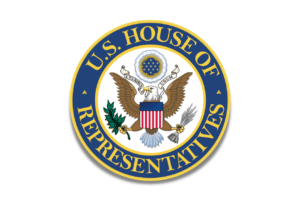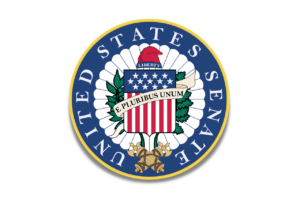President Joseph Biden (D) and House Speaker Kevin McCarthy (R-CA) released legislative text for a deal that would suspend the debt limit through Jan. 1, 2025, and place caps on federal spending for fiscal years 2024 and 2025. The caps would limit all discretionary to near flat funding in FY 2024 and one percent growth in 2025, which is effectively a budget cut, because that is projected to be slower than the rate of inflation.
Discretionary spending accounts for about one-third of the federal budget and includes both defense and non-defense (e.g., HUD and USDA appropriations). In practice,this may mean that defense discretionary spending could be cut by less than one percent or even increase, leaving less left over for non-defense discretionary spending.
The spending caps would not apply to mandatory spending for Medicare, Medicaid, Social Security, Social Security Disability Insurance, the Child Tax Credit, the Earned Income Tax Credit and the Supplemental Nutrition Assistance Program (SNAP).
The bill imposes new work requirements for SNAP on adults ages 50 to 54 who don’t have children living in their home. Under current law, those work requirements only apply to people aged 18 to 49. The age limit will be phased in over three years, beginning in FY2023.
The bill would also exempt veterans, the homeless and people who were children in foster care from SNAP work requirements — a move White House officials say will offset the program’s new requirements and leave roughly the same number of Americans eligible for nutrition assistance moving forward.
The bill also claws back about $30 billion in unspent money from a previous COVID relief bill, although most housing-related spending has already been obligated and will not be subject to the rescission. Finally, the bill includes an incentive to pass appropriations bills by automatically trimming spending by one percent below current-year levels if appropriations bills don’t become law by January 1.


